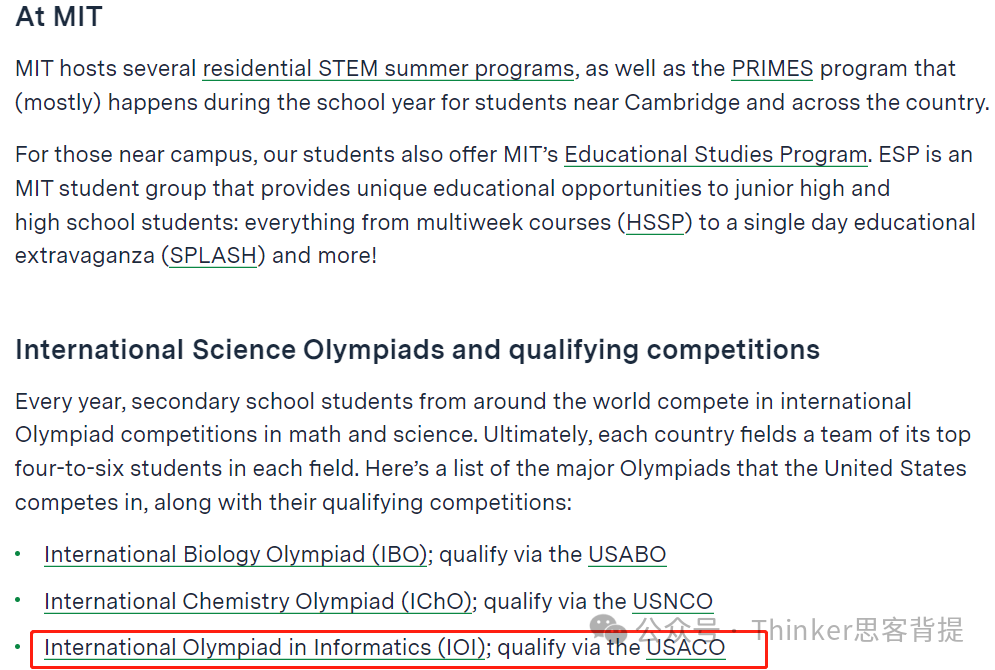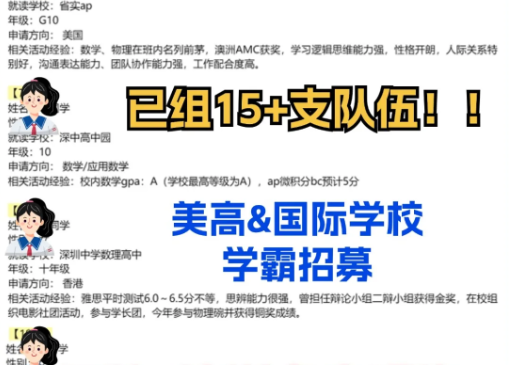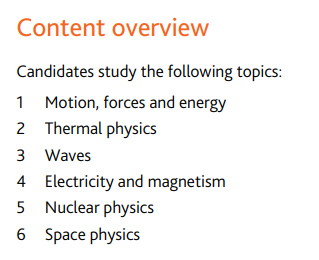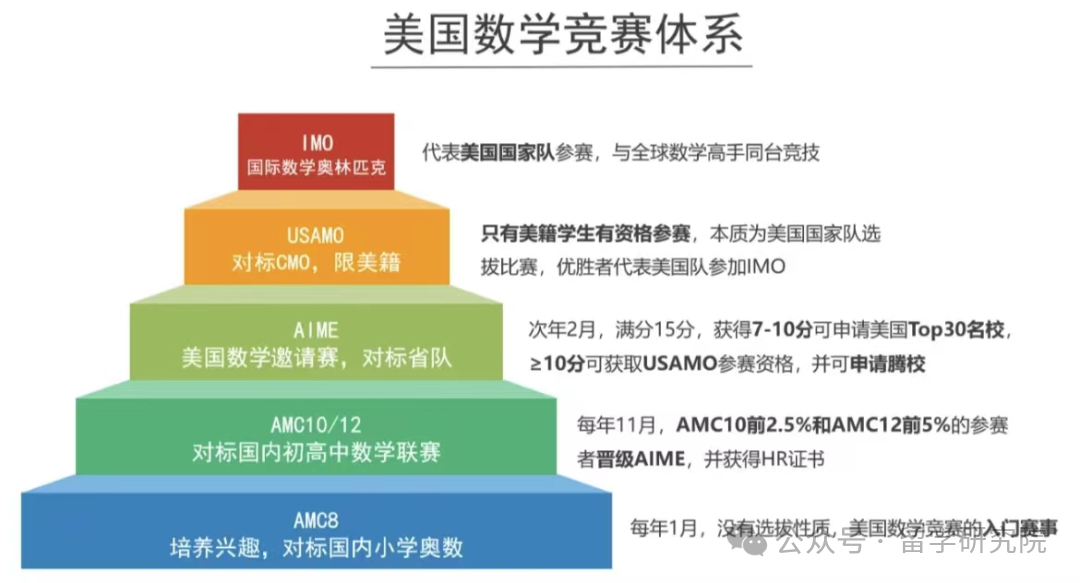本题是2014年5月15日的原题重现。
本题实际包含了两个部分:(1)老板是否应该给员工一年4周假期;(2)这样做能否提高其工作效率?我们在写作的时候一定要对这两个部分都进行回应,缺一不可。很多同学可能没有考虑到后面一个部分,没有从“能否提高工作效率”的角度去讨论“是否应该给员工4周假期”,从而造成审题失误。类似的题目,我们可以再举一例:
Some people believe that children can learn effectively by watching TV and they should be encouraged to watch TV at home and school. To what extent do you agree or disagree?
在这个题目中,很多同学可能会将其审为“孩子们是否应该看电视”,但实际上,这个题目要求大家讨论的是“是否因为看电视有利于孩子学习就鼓励他们看很多电视”,学生应该对“看电视有利于孩子学习”作出回应,然后从孩子学习的角度去讨论“是否应该鼓励孩子们看电视”。比如,我们可以这样论证:看电视的确有助于孩子学习,因为通过看电视可以扩大孩子们的知识面;但是这并意味着应鼓励孩子们看很多电视,因为看电视太多有害于孩子身体健康,同时不利于孩子培养想象能力,从而有害于他们的学习;在这个意义上,我们可以允许孩子看一定量的电视节目,同时还要鼓励他们参与其他学习活动。
就本题而言,围绕是否应该给员工4周假期,以及4周假期能否提高其工作效率,我们可以有多种观点和选择:
分类讨论:有些工作(比如脑力密集型工作)应该给员工假期,这样可以让他们得以休息,得以与家人团聚,从而获得更大的动力,结果是能提高其工作效率;另外一些工作(比如技能型工作)就应该谨慎,因为员工往往因为这四周假期,忘记了正确操作的技能,从而影响到工作效率。
一边倒讨论:既可以同意4周假期,也可以反对4周假期。如果同意:(1)长假能够让员工调整身体,享受家庭团聚;(2)员工可以利用长假学习新技能;(3)假期体现了公司对员工的关心,让员工感受到关爱。这样,员工回来后就能更加精力充沛,精神愉悦地工作。如果反对:(1)员工已经享受了法定假日,每年再给4周长假对公司的运作非常不利;(2)长假过去后,很多员工变得更懒,工作效率反而下降;(3)提高员工工作效率的最佳办法不是放假,而是鼓励他们多运动,健康生活,同时提供再培训的机会。
双边讨论:(1)给员工放假的好处;(2)但放假能否提升效率则是另外一回事。
老雅以下范文采用了双边讨论模式,请大家仔细揣摩范文的论证方式和语言表达。
7分范文
1Countries around the world vary when it comes to the issue of how many vacation days employees should enjoy, thoughtypically the annual leave lastsfour weeks. In theory the4-week holidayswill make staff better at their work, but opinions differ in practice.
词伙:
(1)when it comes to...当谈到......
(2)annual leave 年假
(3)in theory 理论上
(4)in practice 实际上
2Evidencehas shown that taking an annual leave is good not only for workers but also their bosses. To begin with, it should come as a surprise to no one (not even a demanding CEO) that a well-rested worker is healthier and more productive. Vacations could give workers a change of pace and a break from the “work mode”, so that they can be expected to do more when they get back to work. Meanwhile,themandatory four weeks off given to employees would be good for employersbecause the increased productivity of their employees will surely bring more profits, at least in theory.
词伙:
(1)evidence shows that...
(2)it should come as a surprise to no one that...没有人会惊讶......
(3)get back to work 回到工作
(4)the increased productivity 提高了的生产力
3In practice, however, the expected increase in workers’productivity after holidays does not always translate into reality.More often than not, being away from work for as long as 4 weeks could put one at a disadvantage and decrease one’s productivity. There will be a period of adjustment whenone is less motivated right after being back from vacations. So it is one thing to say that one has the legal right to enjoy a paid annual leave, but it is quite another to concludethat vacations can always boost productivity. As the saying goes,“Too much work, too much vacation, too much of anything is unsound.”
词伙:
(1)translate into reality 变成现实
(2)more often than not 经常(=frequently; often)
(3)put one at a disadvantage 让某人处于不利地位
(4)it is one thing to do...,but it is quite another to do...做......是一回事,但做......则是另外一回事
(5)boost productivity 提升生产力
(6)as the saying goes,...常言道......
4To sum up, while legally employers should give their staff a paid annual leave in the hope of making them better at their jobs, it does not necessarily mean that by so doing there will be as many benefits as expected.
词伙:
(1) in the hope of... 旨在,期望
(2) it does not necessarily mean... 这不一定意味着......
(304 words)
题目来源:2019年3月2日
难度系数:*
难度原因:题目中隐含“手段-目的”关系












